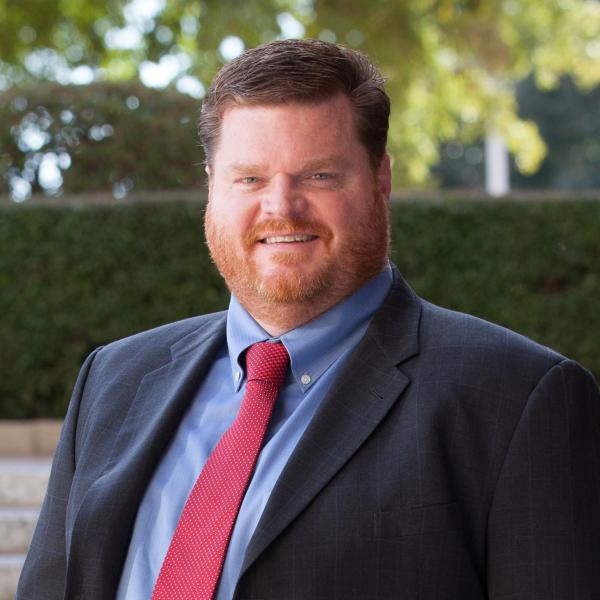
The Role of a Consulting Engineer
Consulting engineers play a critical role in the ongoing success and future development of communities across the United States. Their role, as licensed professional engineers, is to protect the health, safety, and welfare of the general public, to act in an ethical manner, and ultimately to view the physical infrastructure from a uniquely objective perspective and to make recommendations for solutions based on their education and experience. The licensed professional engineer places their license and their livelihood on the line with each stamp of their seal on design drawings. When working in cities, towns, airports and on other public infrastructure projects there is a second, and some would say, more important layer of difficulty, and that is the health, safety, and welfare of the people using the infrastructure elements. Licensed professional engineers are licensed through the states in which they provide services. Licensure is typically obtained through a combination of education and experience and testing designed to ensure that the licensed professional is qualified in the area in which they practice.
Why do public entities such as municipalities, airports, special utility districts, and economic development organizations use “consulting” engineers? Many factors contribute to the answer to that question, some are as follows:
- In some cases, different funding agencies may require a third party or consulting engineer to lead certain projects.
- In more rural settings, some communities may not have a licensed civil engineer on staff that can design critical projects such as water or wastewater treatment plants or airport runways. It’s obviously not feasible to hire a full-time licensed engineer to work for your organization when major projects only come around at unpredictable times.
- In more urban areas where a community may have a single full-time licensed engineer on staff, that engineer may not be versed in specific project types such as roadway maintenance or design, or downtown revitalization. This is where a consulting engineer with many years of experience, and a subject matter expert in those specific areas of infrastructure design, can be most beneficial.
- In larger cities where there may be a more robust full-time engineering staff, there is also typically a much greater volume of engineering projects. When staff resources are stretched to the limit, that’s when hiring a consulting engineer can be a beneficial alternative.
- For economic development organizations (EDO) and some airports, the consulting engineer can serve as the local technical expert for land that potentially could be used to incentivize private development. Again, with EDO’s and airports, it’s easy to see that the consulting engineer is often a much more reasonable option than the full-time licensed professional on staff.
What does it mean to be the Engineer of Record (EOR), to be an engineer on a preferred vendor list, or to be an engineer hired for individual ad hoc projects?
An EOR is a licensed engineer that seals plans, specifications, reports, and other documents required for the completion of a project. Typically, public organizations hire or select consulting engineers through a rigid and public procurement process. This selection process strictly adheres to a Qualifications Based Selection (QBS) process, not based on expected fee amounts or incentives. When hired through a master service agreement (MSA), those individuals or firms will serve for a specified amount of time and serve as the EOR on multiple projects. The duration of this contract could be of any configuration or combination of time. For example, they may be hired for one-year with up to four one-year extensions, or they may be hired for five years with no extensions. It’s up to the city, airport or other client types to determine the terms of the agreement.
Bob Thurber, P.E. consulting engineer, conducting a site visit to ensure the project is built according to design standards.
During the tenure of the MSA, they may be asked to work on a multitude of projects and project types. If the firm has different subject matter experts on staff, those individuals may be deployed to work on a very narrow or specific project, or they may contribute as a team member on a large-scale project.
A preferred vendor list is a mechanism some public organizations use to help streamline the public procurement process used in selecting not only consulting engineers, but other professional services suppliers. When there is an abundance and usually steady flow of projects that all need to be completed, some public organizations will publish a Request for Qualifications, not for a specific project, but to select consulting engineers to be placed on a preferred vendor list. The organization may select one or two consulting engineers, or they may select 25 consulting engineering firms. Once the list of preferred vendors is established, based solely on qualifications, then the community can either select one of those firms and assign them to a specific project, or they may ask just the preferred vendors to compete amongst themselves by submitting their qualifications for consideration to perform on a specific project. As you can see this method of selection can streamline the process by limiting the number of firms that can submit their qualifications for each project that comes along.
Lastly, and more commonly, many consulting engineers are hired strictly for one specific project, and when that project is complete there is no additional formal agreement between the organization and the consulting engineer or engineering firm. When selecting a consulting engineer in this manner and depending on the scale and difficulty of the project, some public organizations may see as many as 100 or even more submittals from consulting engineering firms through their procurement process. Although this may be appealing to the public organization based on the terms of the commitment they are making, it can be much more difficult to process the multitude of SOQ’s submitted.
At KSA, we pride ourselves in being responsive to the needs of all our clients. Whether we are hired for a MSA, to be placed on a preferred vendor list or hired for one specific project, we understand that our role is to provide safe, economical, and sustainable engineering solutions for those public organizations that trust us with their physical infrastructure.
